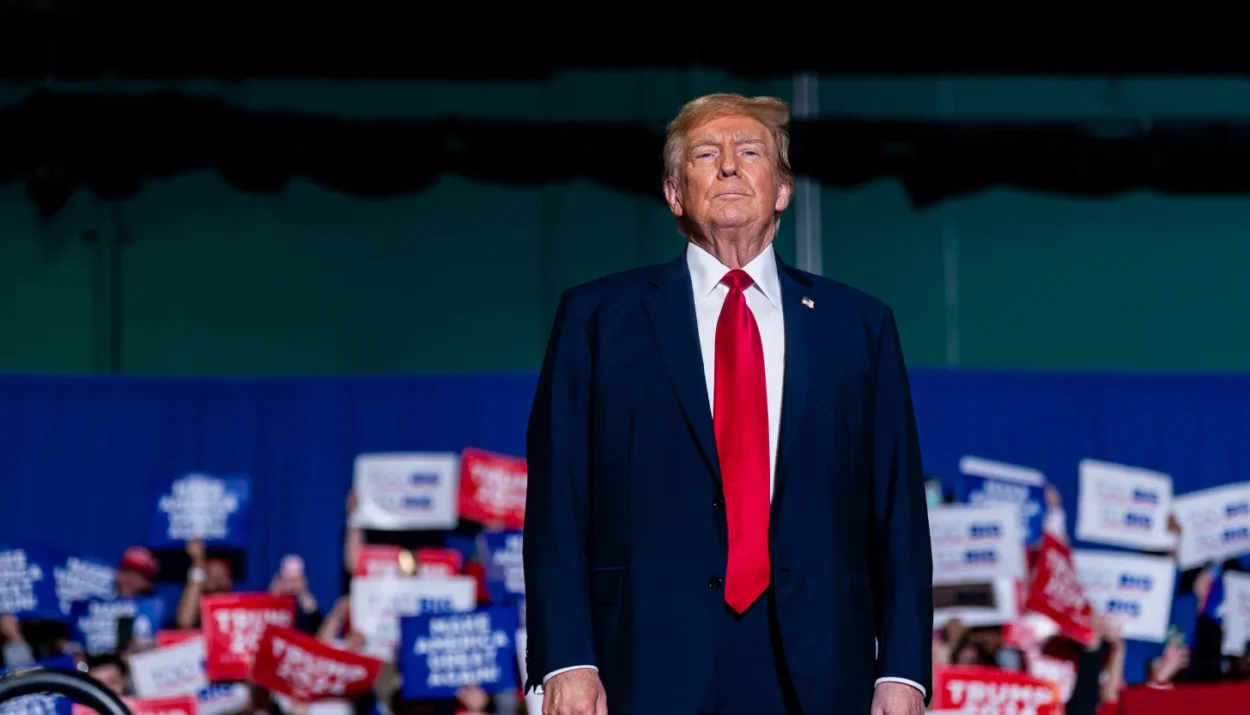Donald Trump’s recent electoral win marks a significant return to the White House, signalling a series of policy shifts that could reshape global economic landscapes. His administration’s potential moves could notably alter international trade, tariff regulations, and economic growth.
Global Economic Impact:
- Policy Pledges: Trump’s campaign promises included imposing steep tariffs, significant tax cuts, deregulation, and withdrawing from key international agreements—actions likely to disrupt existing global economic arrangements.
- Trade and Tariffs: Trump has indicated a primary focus on implementing tariffs against China, which could escalate trade tensions and affect global markets. His administration might also leverage tariffs as a negotiation tool with other nations.
Analysts’ Views:
- Immediate Economic Effects: According to Ben May from Oxford Economics, while Trump’s policies might not instantly impact global growth, they portend substantial long-term effects on trade patterns and financial markets.
- Congressional Influence: Lizzy Galbraith from Abrdn highlights that much will depend on Trump’s control over Congress, which could facilitate or hinder his ability to implement his economic agenda.
Regional Implications:
- Europe: Analysts anticipate that Trump’s policies could particularly disadvantage Europe, exacerbating trade tensions and affecting economic cooperation.
- Asia: Trump’s protectionist policies are viewed unfavourably in Asia, especially China, where they are expected to generate significant economic volatility and prompt defensive measures.
Potential Economic Shifts:
- Global Market Reactions: Trump’s aggressive trade stance is likely to induce volatility in global markets, impacting investments, pricing, and consumer spending worldwide.
- Strategic Economic Measures: Depending on the administration’s actions, countries might adjust their economic strategies, potentially leading to shifts in global economic alliances and practices.
Donald Trump’s reelection introduces potential upheavals in global economic policies and trade relations. The extent of these changes will depend on various factors, including his administration’s specific policies and the degree of legislative support. Stakeholders globally are advised to prepare for a period of heightened uncertainty and potential economic recalibration.










